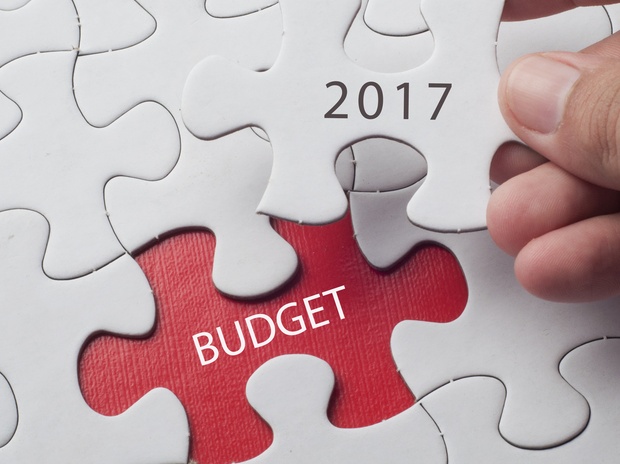With GST delayed, Budget-making just got tougher
Business Standard
By Arup Roychoudhury & Dilasha Seth
January 6, 2017. 01:34 IST

The inevitable delay in implementing the national goods and services tax (GST), earlier targeted for April 1, will ensure the Budget-making process is much more complicated for the finance ministry.
The Centre will have to account for the presently applicable indirect taxes for that part of 2017-18 when GST will not apply.
Earlier, when GST was expected to apply from April 1, when the new financial year begins, Finance Minister Arun Jaitley’s Budget speech was expected to be completely different from previous editions. Part B, the taxation proposals, was to only have announcements related to direct taxes and customs duties.
While that could still be the case, planners will have to factor in the revenues from the current indirect taxes for budget estimates for the first half of the year at least. And then from GST, now expected to be rolled out on or after September 1.
On Wednesday, the long impasse over division of administrative turf between Centre and states persisted, as did the issues of higher compensation due to demonetisation and the definition of coastal states, at the latest GST Council meeting. Indicating a rollout of the new indirect tax regime is difficult not only from April 1 but also from July 1.
“Budget calculations will be complicated, with uncertainty surrounding the GST rollout date and the rates. The estimates might largely be based on assumptions. The government could look at setting up a contingency fund to overcome any mismatch in revenue estimates and actuals. It might do the calculations by assuming July 1 as the rollout date,” said Pratik Jain, leader-indirect tax at consultancy PwC. “They will have to take an estimated date for the rollout. In that case, they will project indirect tax collection at 75 per cent of the GST revenues estimated for the full financial year. They already have projections for service tax and excise duty and must have done some homework on classification of items,” said Bipin Sapra, partner at consultancy EY.
The sense is that Jaitley’s speech will stick to the earlier proposed script and not give indirect tax proposals. This means the usual announcements of levies on cigarettes, high-end cars and other luxury items, ‘white’ goods such as air conditioners, etc, and service tax exemptions, will not be a part of the Budget speech. It remains to be seen.